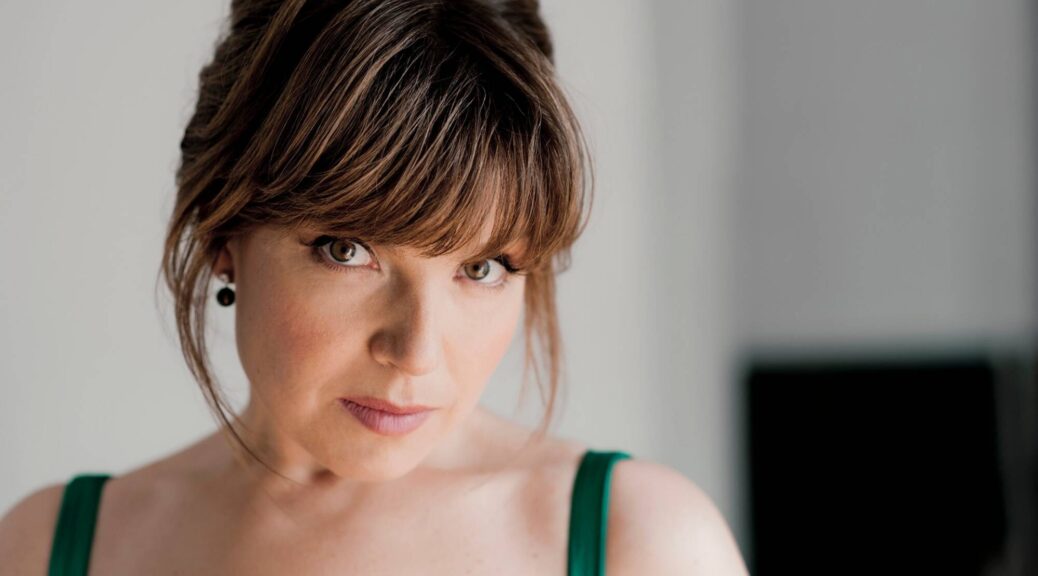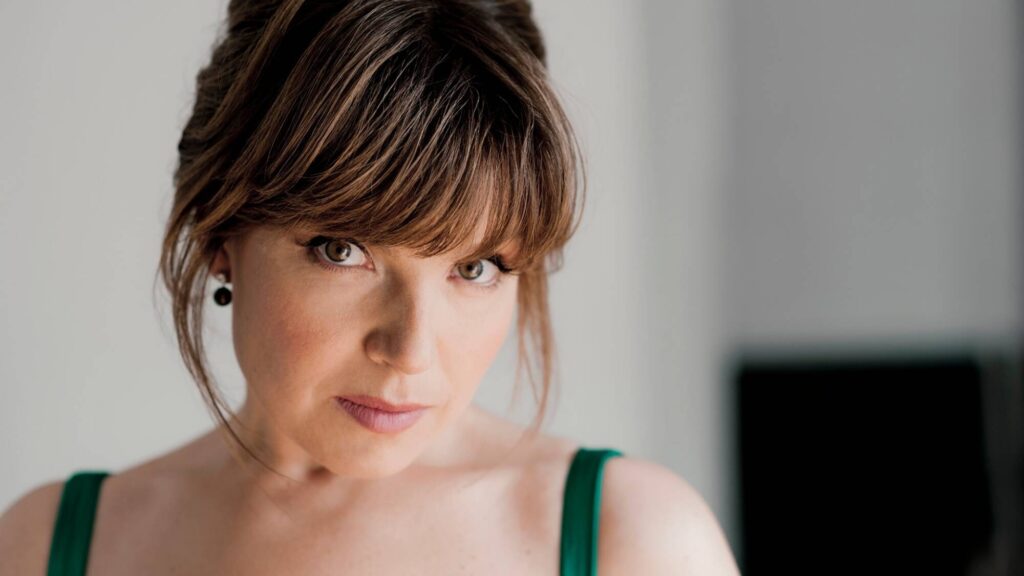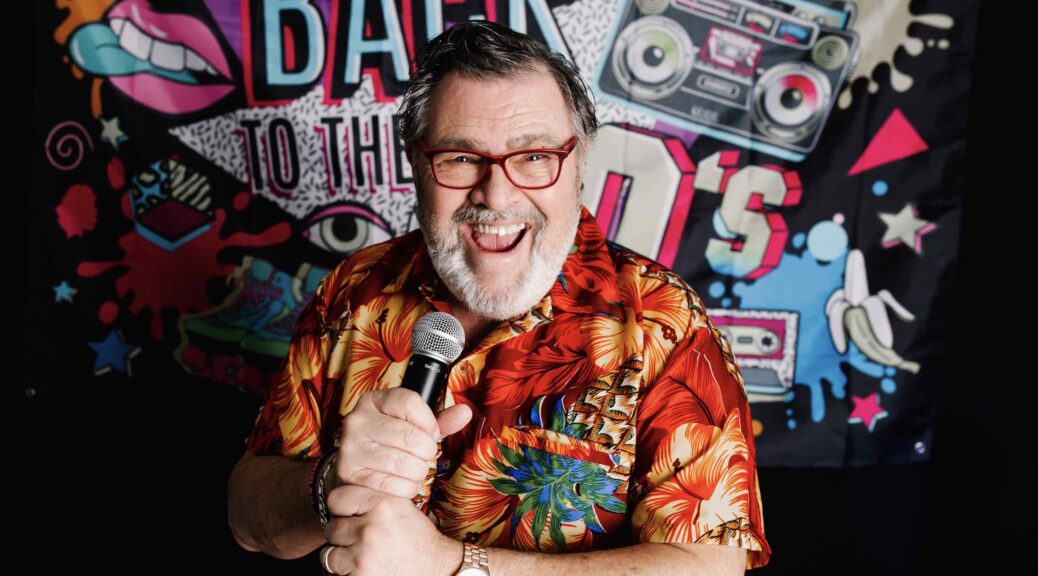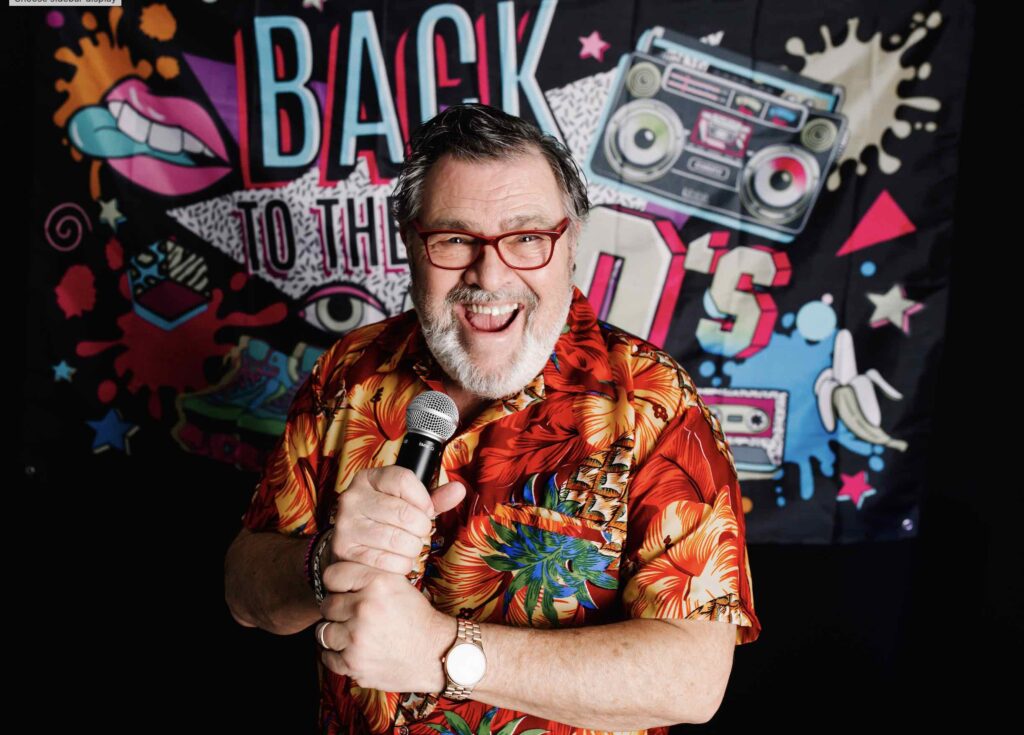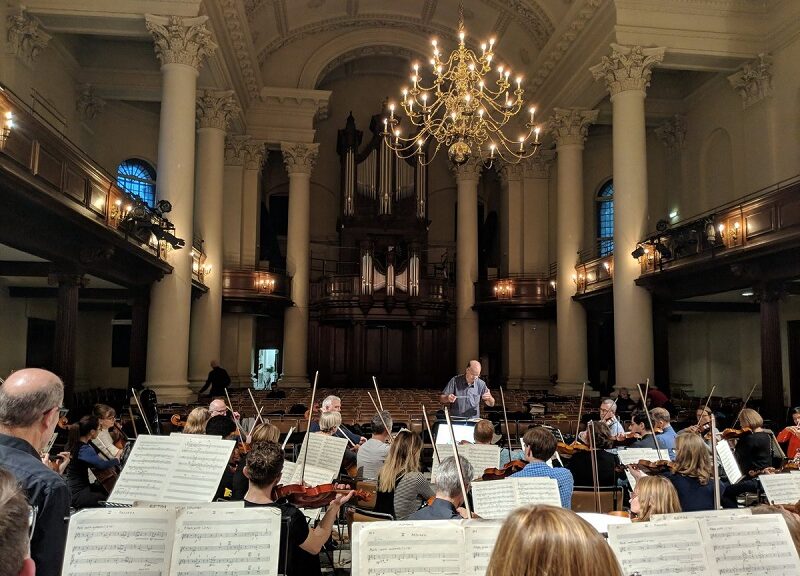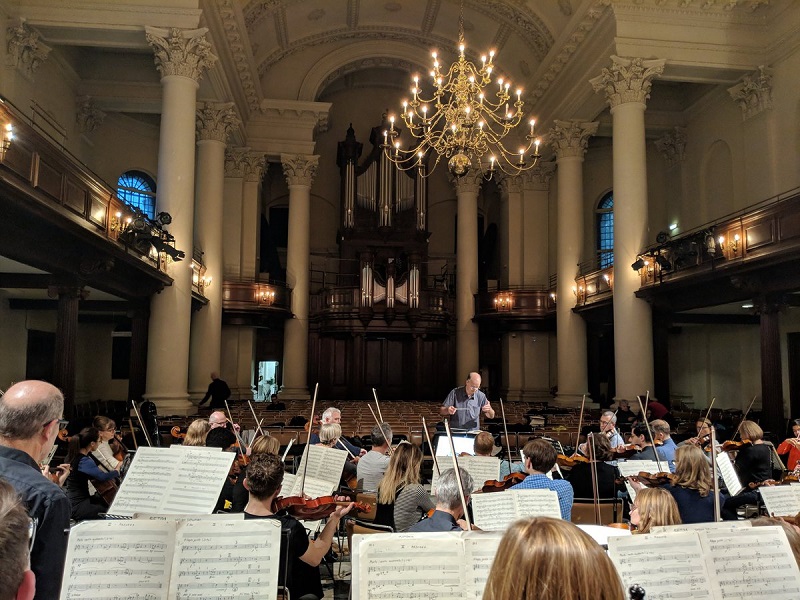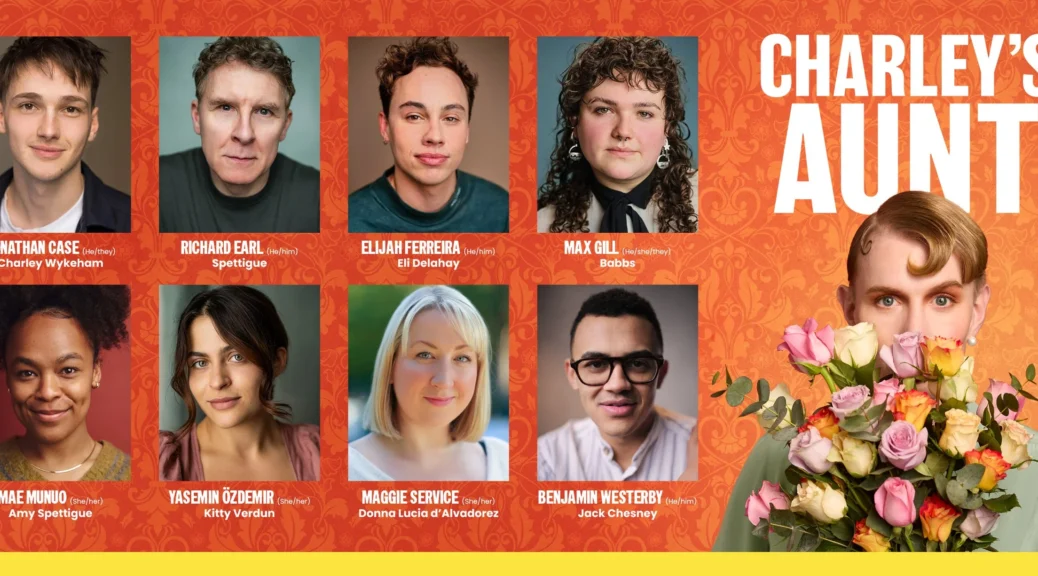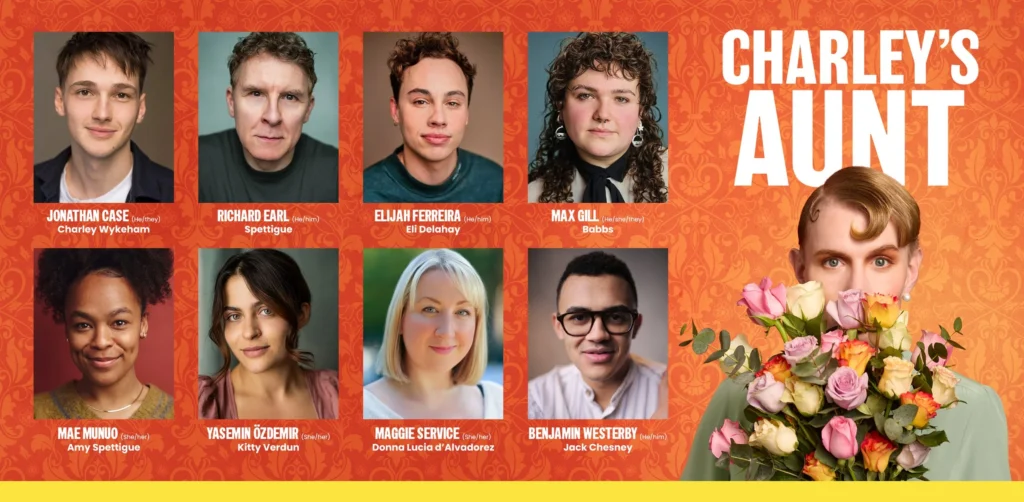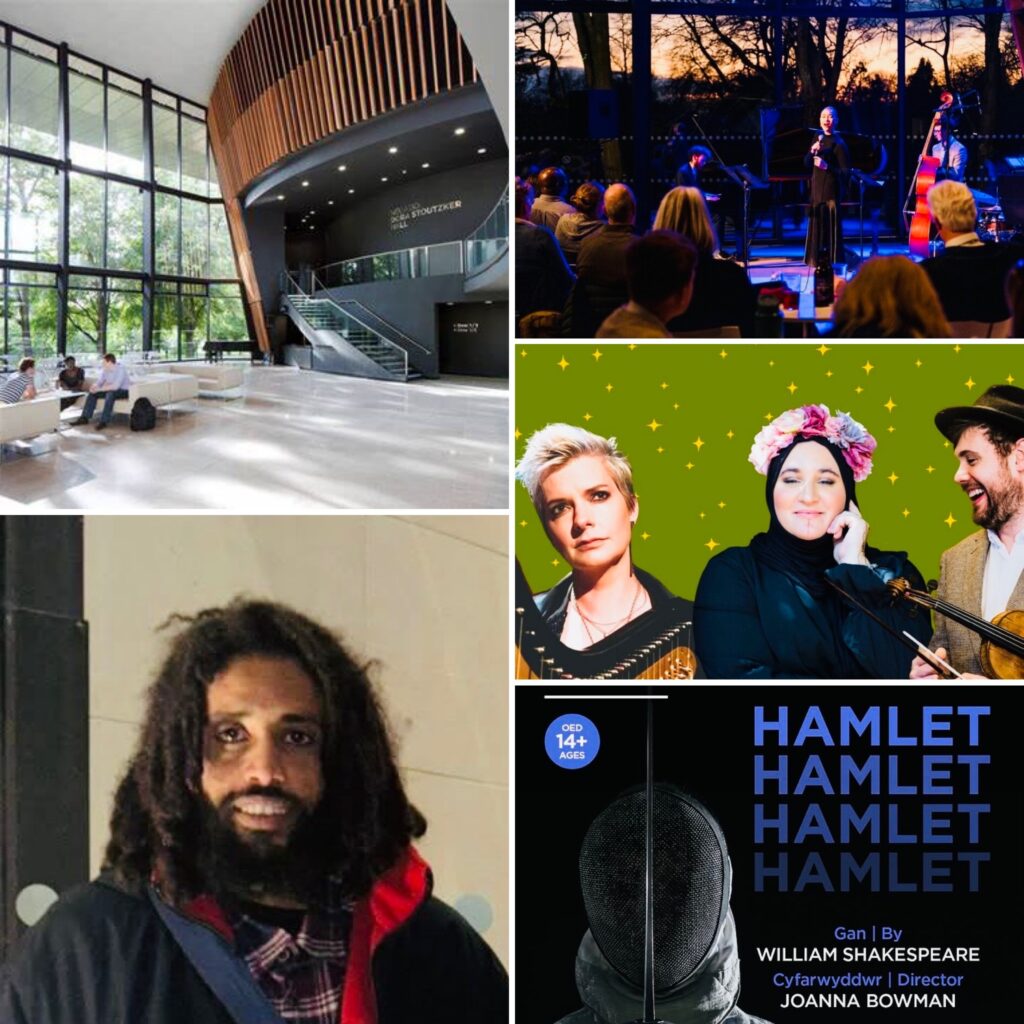
Adunia Gebru volunteers his time to support new audiences, in the role of Community Volunteer at Royal Welsh College of Music & Drama . In the article below he gives and overview of recent productions he has seen at the college to learn more about the live performance programme.

I had the wonderful opportunity to attend a performance of Hamlet at the Royal Welsh College of Music & Drama (RWCMD) in Cardiff — and it was nothing short of extraordinary.
From the very beginning, the production showcased the incredible talent and dedication of the students. The lighting, sound design, staging, and the performers’ deep understanding of Shakespeare’s text came together to create a powerful and immersive experience.
As this was my very first theatre performance in the UK, I was genuinely impressed, it was an unforgettable introduction to British theatre!
One of the standout performances for me was the actor who played Polonius. He brought humour, intelligence, and charisma to the stage, making every one of his scenes memorable. During the interval, I had a delightful conversation with the lady next to me; she shared how much she enjoyed the show and said she planned to return with friends.
Although I’ve tried reading Hamlet before, I often found it challenging. Seeing it performed live changed everything. The students communicated the story with clarity and emotion, simplifying complex moments without losing depth or meaning. It re-ignited my interest and appreciation for Shakespeare.
Overall, it was a truly inspiring evening. My heartfelt congratulations go to all the students and staff at RWCMD. Their hard work, creativity, and passion were evident in every moment of the performance.
Bravo to everyone involved — a remarkable achievement!
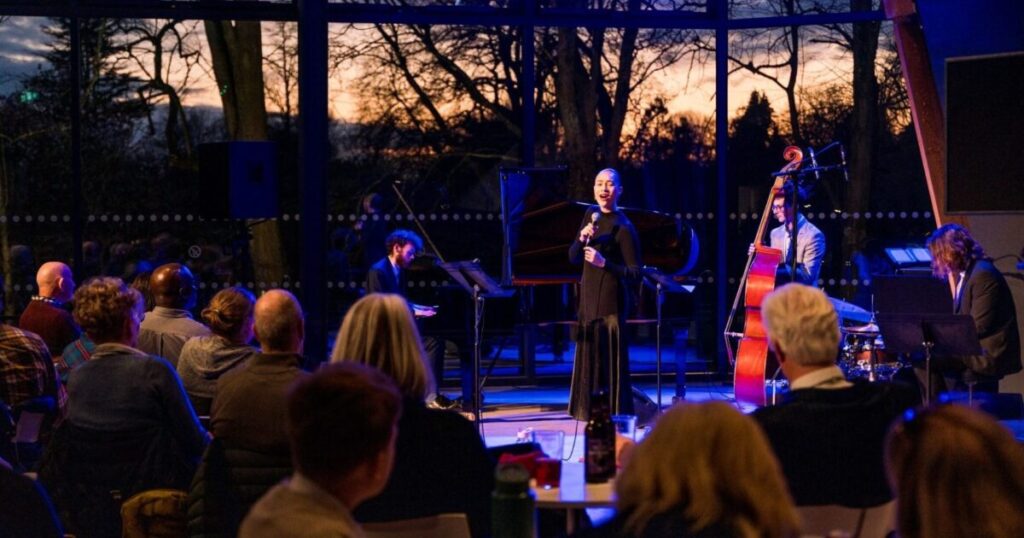
“I have also attended AmserJazzTime it turned out to be the perfect way to start the weekend. It’s a free weekly jazz club held every Friday, featuring two bands each night and showcasing some of Wales’s most exciting musicians.
I was also impressed by the cafeteria and the service we received. The place was welcoming and comfortable.
I really enjoyed the whole experience and would love more people to join us. If you’re looking for something relaxed, lively, and inspiring to end the week, come along every Friday during term time. . It’s completely free, and everyone is welcome!
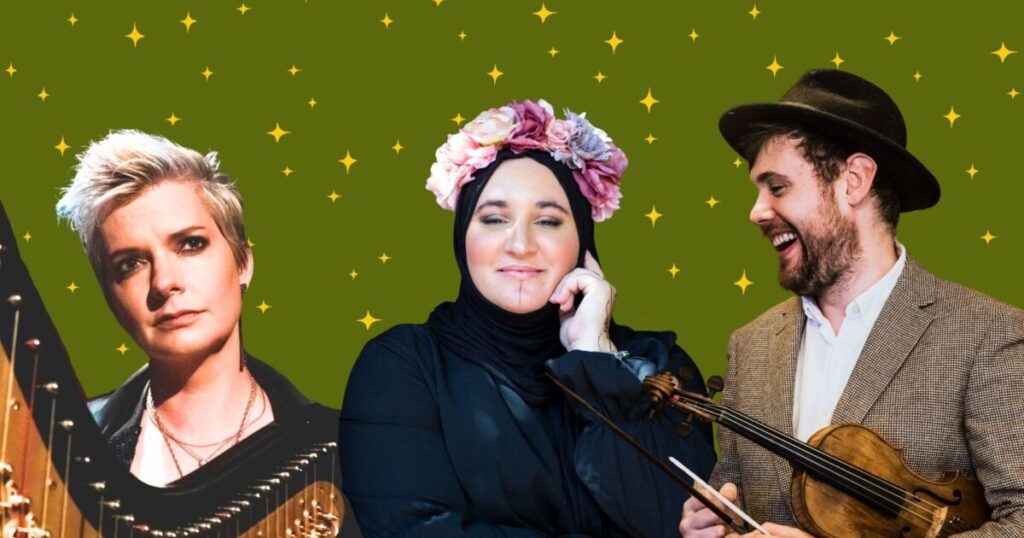
Finally last week I attended a classical music evening that I will never forget. Sinfonia Cymru performed together with some truly special artists: Catrin Finch, Patrick Rimes, Hanan Issa, and the wonderful Only Boys Aloud choir.
Catrin Finch is one of the world’s greatest harp players, and hearing her play live felt like listening to pure magic. Patrick Rimes is a violin player, musician, composer, arranger, and educator, and his music brought so much life and colour to the night. Hanan Issa, a writer and poetry creator, shared her beautiful words with the audience, and her voice added a soft, poetic light to the whole performance. And of course, the talented Sinfonia Cymru players carried every note with skill and emotion.
When I walked into the auditorium, I felt a warm and excited atmosphere. The gentle lights, the clear sound, and the quiet whispers of the audience made the room feel full of hope. As soon as the music began, the rhythm, melody, and harmony touched my heart and took me on a deep journey. Sometimes I closed my eyes just to feel it even more.
The orchestra played with so much heart. The choir sang with strength and joy. The poems, the harp, the violin, and the orchestra all came together like one big, beautiful story. It was one of the most precious evenings I have had in Wales.
Now, as the year is ending and we get ready for Christmas and the New Year, RWCMD has many wonderful events prepared. If you love music, or if you want to try something new, I think you will enjoy everything they offer.
This night of music was truly magical for me, and I will remember it for a very long time!
You can find out more about live performances at RWCMD here

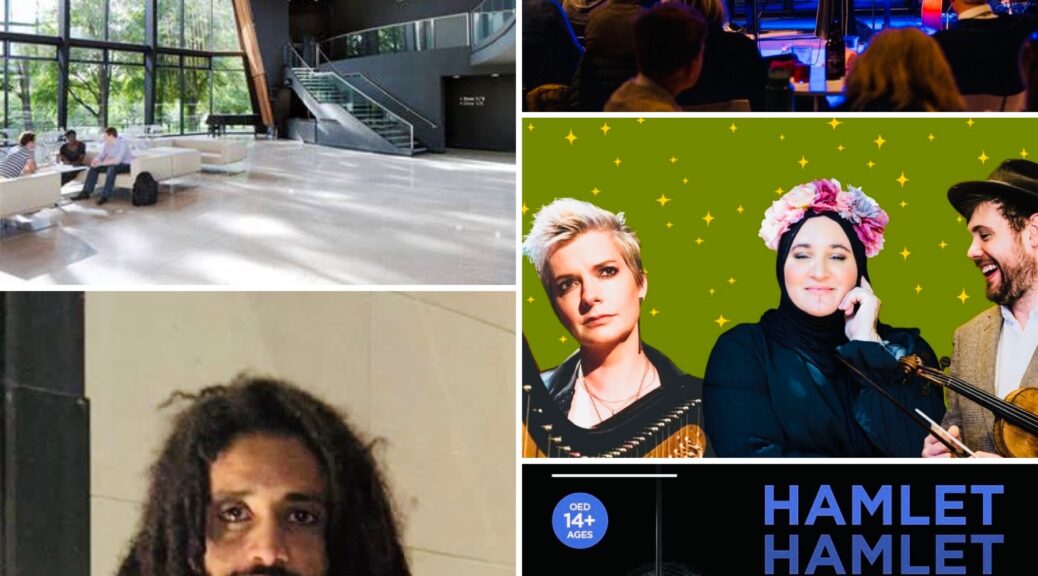
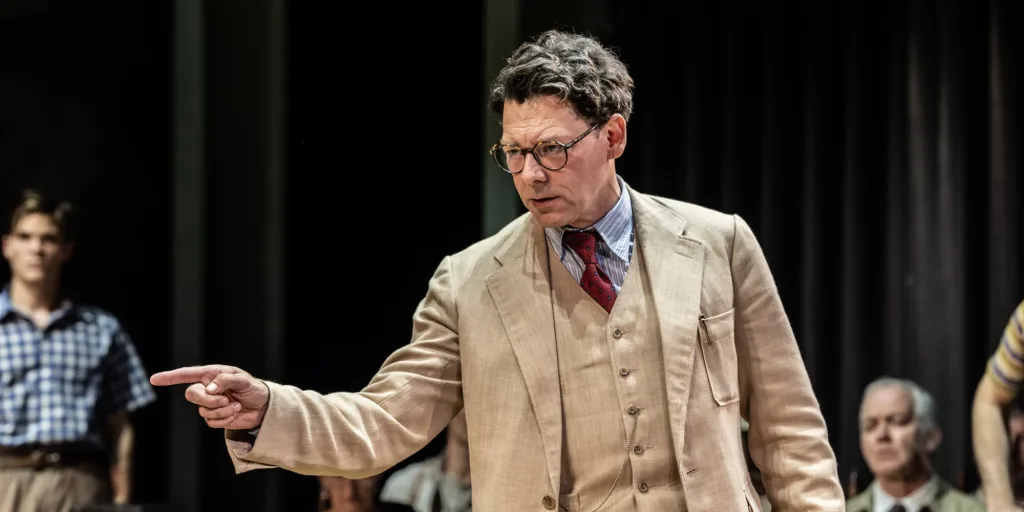
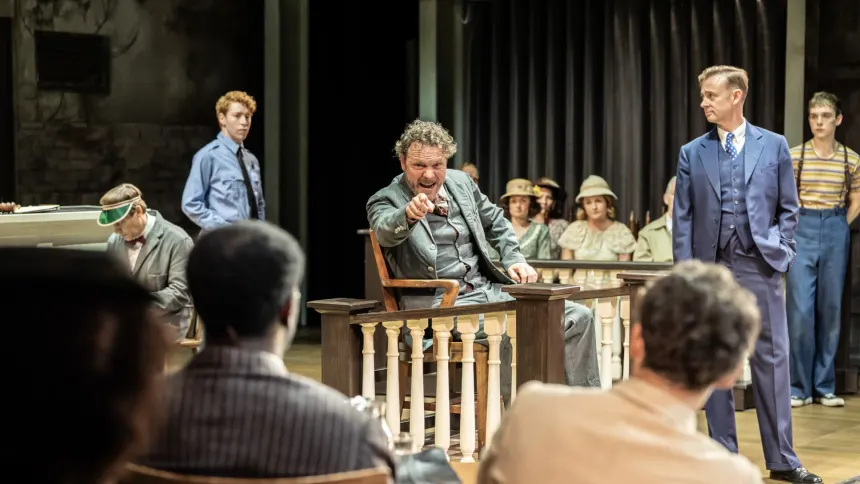
 (5 / 5)
(5 / 5)
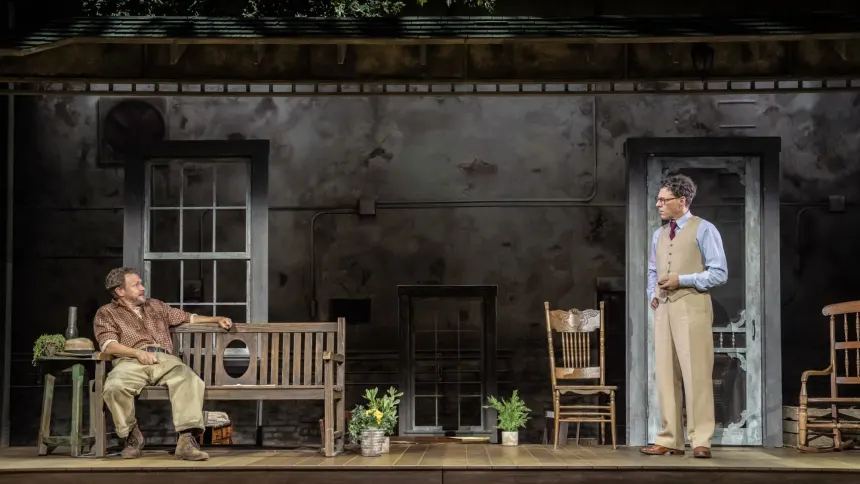



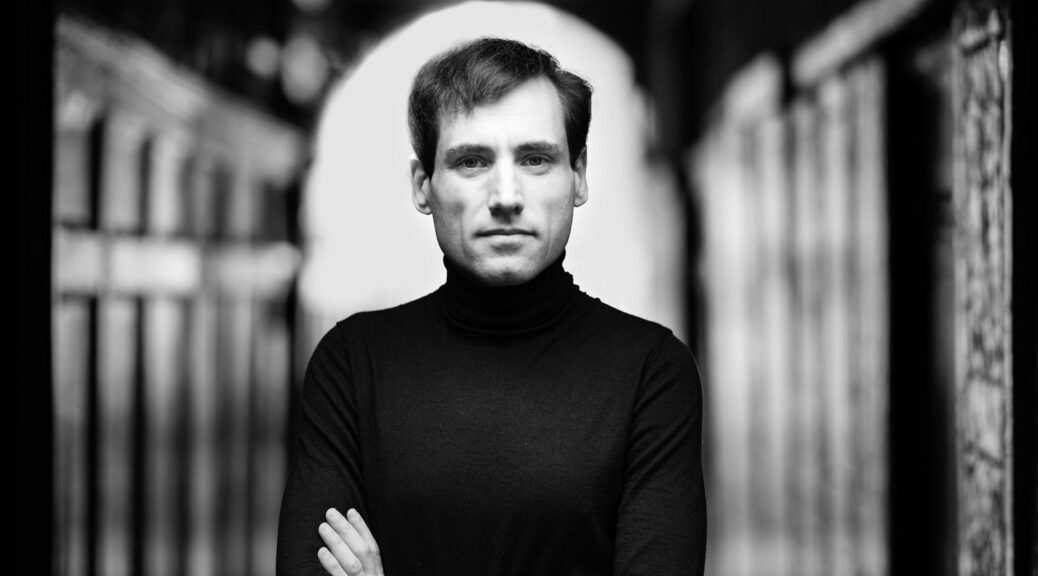
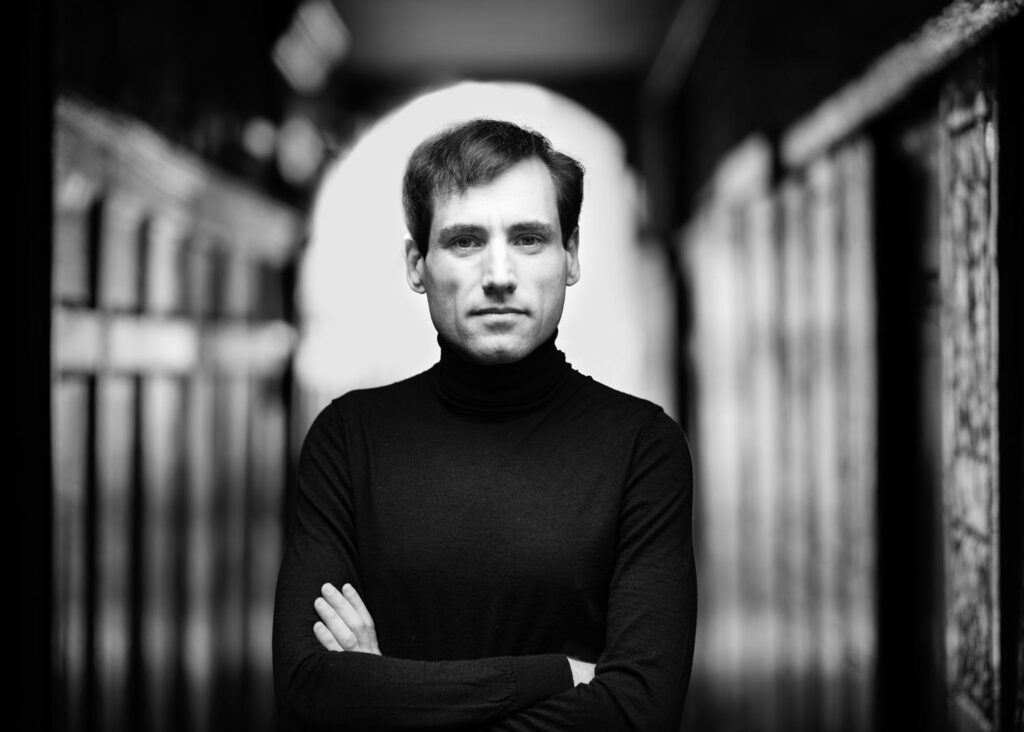
 (4 / 5)
(4 / 5)